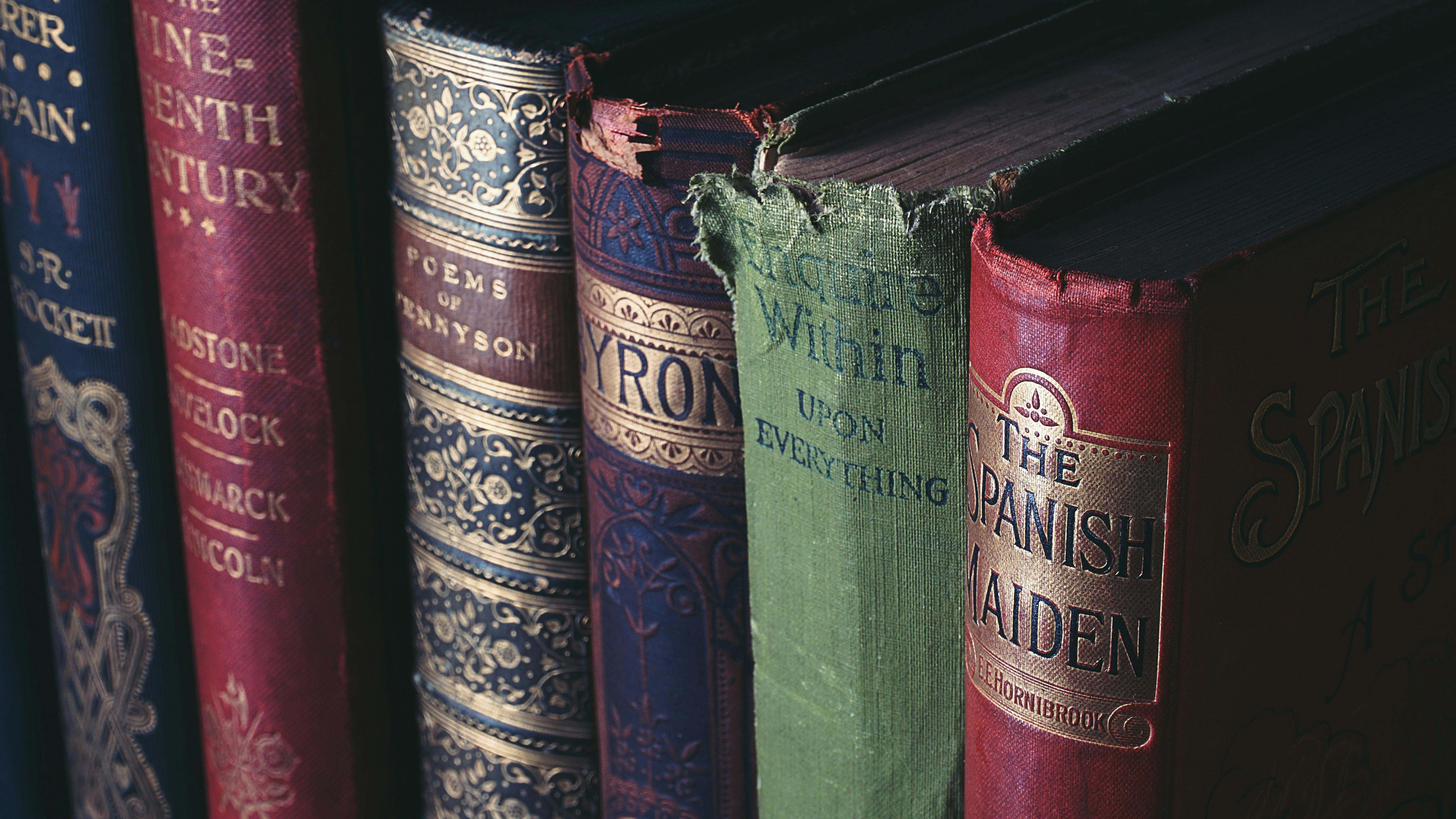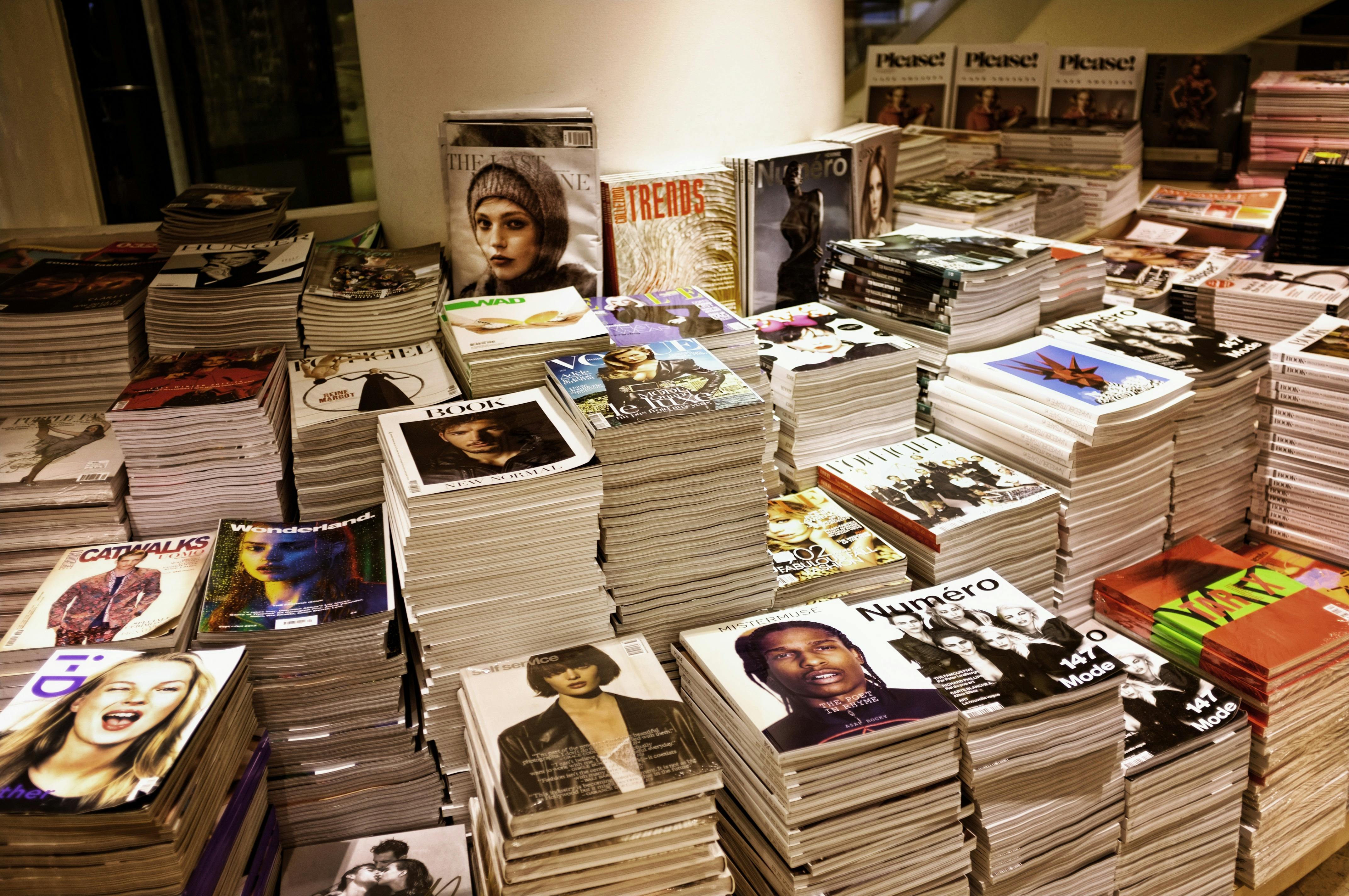Page Contents
Introduction
Books are more than just stacks of pages and words; they’re gifts that can teach, amuse, and transport you. Finding the best place to store your books can be fun and hard for book lovers and fans. Putting your books away in the right way is important whether you love them or not. This way, they will stay in good shape and be easy to find when you need them. If you want to keep your favorite books safe and in good shape, this article will show you a variety of creative options to the traditional bookcase.
The Classic Bookcase
When it comes to storing books, the bookcase is the most obvious and popular choice. Available in various sizes, materials, and styles, bookcases provide a practical and attractive solution for housing your collection. A well-organized bookcase can become a focal point in any room, showcasing your books and adding a touch of sophistication to your home.
Choosing the Right Bookcase
The type of bookcase you choose depends on the size of your collection and the space available. For large collections, consider a sturdy, wall-mounted bookcase. If you have limited space, a tall, narrow bookcase can maximize vertical storage. Look for bookcases with adjustable shelves to accommodate books of different sizes.
Organizing Your Books
Organize your books in a way that makes sense to you. Some people prefer to arrange books by genre or author, while others might organize by color for a visually striking display. Consider using book protector sleeves to keep dust and damage at bay, especially for valuable or delicate volumes.
Creative Alternatives to Bookcases
Not everyone has the space or the desire for a traditional bookcase. If you’re wondering how to store books without a bookcase, there are plenty of creative alternatives to consider.

Floating Shelves
Floating shelves are a modern and minimalist option. They can be arranged in various patterns on your walls, allowing you to create a unique and dynamic display. This option is perfect for small spaces and adds a contemporary touch to your décor.
Storage Baskets and Bins
For a more casual look, consider using storage baskets or bins. These can be placed on shelves, under coffee tables, or even stacked in corners. Baskets and bins are especially useful for storing children’s books or magazines.
Repurposed Furniture
Look around your home for furniture that can double as book storage. An old ladder can be leaned against a wall and used to hang books, or an unused dresser can be transformed into a bookcase by removing a few drawers.
Window Seats and Benches
If you have a window seat or bench with built-in storage, use it to house your book collection. This option combines comfort and functionality, providing a cozy reading nook and convenient storage.
Storing Antique and Old Books

Antique and old books require special care to preserve their condition. Understanding how to store old books and how to store antique books is crucial to maintaining their value and integrity.
Climate Control
Old and antique books are sensitive to temperature and humidity fluctuations. Store them in a cool, dry place away from direct sunlight. Ideal conditions are around 65-70°F with 40-50% relative humidity.
Proper Shelving
Use shelves made of metal or sealed wood to avoid acidic reactions that can damage book bindings and pages. Ensure shelves are clean and dust-free. If stacking books, place the largest and heaviest ones at the bottom.
Protective Covers
For particularly valuable books, consider using book protector sleeves. These sleeves provide a barrier against dust, light, and handling damage. They are available in various sizes and materials, from simple plastic covers to more luxurious, archival-quality options.
Handling with Care
Always handle old and antique books with clean, dry hands. Avoid pulling them off the shelf by the spine; instead, push neighboring books inward and grasp the desired book by its sides.
Storing Magazines
Magazines, with their glossy pages and vibrant covers, present a different kind of storage challenge. Knowing how to store magazines properly ensures they remain in good condition and easy to access.

Magazine Holders
Invest in magazine holders or racks. These keep magazines upright and prevent them from bending or warping. Magazine holders can be placed on shelves, desks, or even mounted on walls.
Storage Boxes
Acid-free storage boxes are ideal for preserving magazines, especially collectible issues. Label the boxes clearly and store them in a dry, cool place to avoid moisture damage.
Binders
For a more organized approach, use binders with plastic sleeves to store individual magazine issues. This method allows you to flip through your collection easily while keeping each issue protected.
Shelving Solutions
If you have a large collection, dedicate a section of your bookcase to magazines. Arrange them by title or date for quick access.
The Role of Book Protector Sleeves
A book protector sleeve is an essential accessory for anyone serious about preserving their collection. These sleeves offer a simple yet effective way to protect books from dust, moisture, and physical damage.
Types of Book Protector Sleeves
Book protector sleeves come in various materials, including plastic, paper, and fabric. Clear plastic sleeves are popular for their durability and transparency, allowing the book cover to remain visible while protected. Paper sleeves are eco-friendly and often used for temporary storage, while fabric sleeves offer a more luxurious option.
Using Book Protector Sleeves
To use a book protector sleeve, simply slide the book inside, ensuring it is fully covered. Some sleeves come with adhesive flaps for a secure fit, while others are open-ended for easy removal.
Benefits
In addition to protecting books from dust and damage, book protector sleeves can also help preserve the book’s value, especially for collectible editions. They are particularly useful for books that are frequently handled or displayed.
Practical Tips for Book Storage
No matter where you choose to store your books, following some basic principles can help maintain their condition and accessibility.
Keep Books Upright
Store books upright whenever possible. This prevents warping and keeps the spine intact. Use bookends to support books and prevent them from leaning.
Avoid Overcrowding
Overcrowding can cause books to become misshapen and difficult to remove from the shelf. Leave some space between books to allow air circulation and easy access.
Regular Dusting
Dust your books and shelves regularly to prevent the buildup of dirt and allergens. Use a soft, dry cloth or a vacuum with a brush attachment for gentle cleaning.
Rotate Your Collection
If you have a large collection, consider rotating your books periodically. This ensures that all books are exposed to similar conditions and reduces the risk of damage from long-term storage.
Consider Accessibility
Arrange your books so that frequently used volumes are easy to reach. This prevents unnecessary handling of other books and reduces wear and tear.
Conclusion
Storing books properly is an art that combines practicality with aesthetics. Whether you opt for a traditional bookcase, creative shelving solutions, or specialized storage for antique and old books, the goal is to protect and showcase your collection. By understanding how to store magazines, how to store old books, and how to store books without a bookcase, you can ensure your literary treasures remain in excellent condition for years to come. Remember, accessories like a book protector sleeve can make a significant difference in preserving your books’ value and appearance. Embrace these strategies to create a beautiful and functional home for your beloved books.
For more innovative ideas, consider looking up sportsbooks ratings for ways to keep your literary collection safe and stylish. Also, be sure to download QuickBooks for efficient management of your book collection’s inventory and value.




